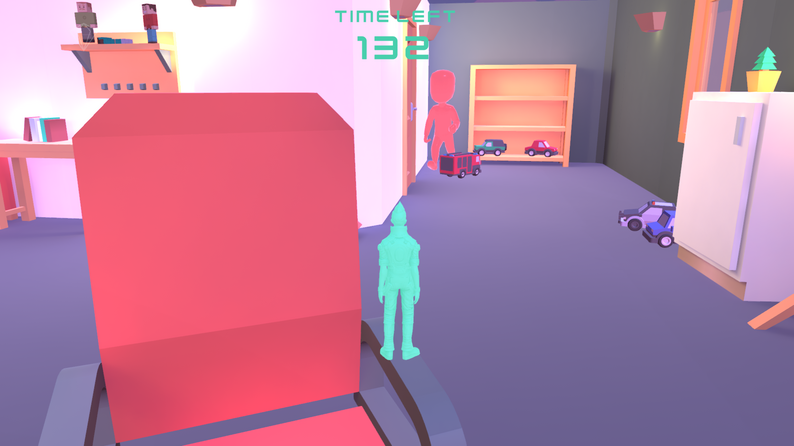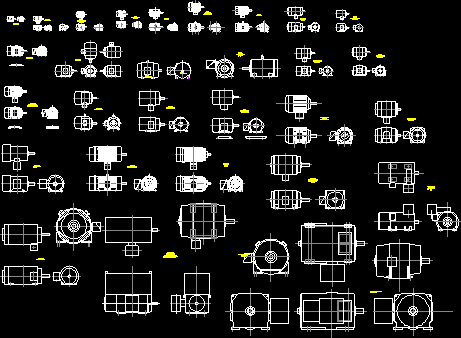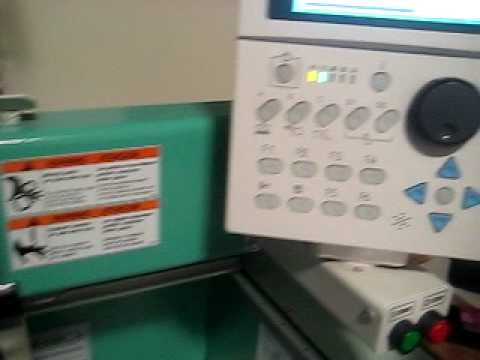

So these 2 tools are exactly the same but the latter is the new version used with Boost.Build. It was in the past called bjam but it's now called b2.

If you want to build libraries from Boost on your own way you'll have to use the Boost.Build tool. In this directory you can now see another one called lib64-msvc-14.1/ in which there are built libraries, all that in an 圆4 environment. So, once the executable donwloaded, Windows will show you a blue window with a message alerting that this is an unrecognized app.Ĭlick on More info at the end of this message to make the Run anyway push button appear.Īnd install it in the following location:

Indeed nothing will be changed on your Windows registries, only a new directory will be created with some files within. So to avoid a headache from the sky we are going to use the binaries directly downloaded from SourceForge (link above). It's possible to build these libraries by yourself but to be honest the Boost documentation isn't really crystal clear and some links are even broken. That's the case for example for the Boost.Python or Boost.Regex libraries. The Boost libraries are in general available directly without building anything (only by including headers).īut some libraries have to be built before being able to use them.

Setting up Boost libraries Downloading and installing Boost libraries


 0 kommentar(er)
0 kommentar(er)
